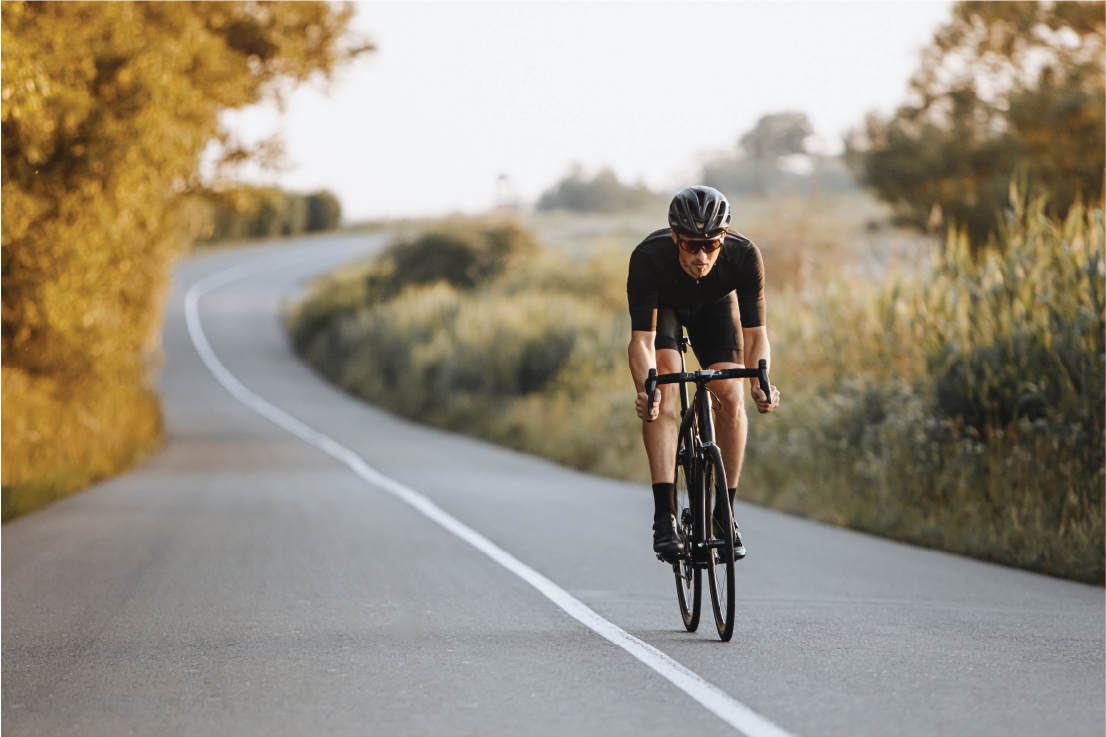Nutrition Tips 4 Triathlon Training
Prioritise Your Training Diet
Although competition day nutrition is important, an optimal training diet has a bigger impact on your overall performance.
Given that a Triathlon involves three different sports, training loads can be heavy, often will multiple sessions in a day. Nutrition becomes critical for both fuelling sessions and recovery to prevent fatigue and allow you to “back up” for the next session. A few key tips: –
Fluid Intake – Actual sweat rates can be measured to determine required fluid levels however at least ensure sufficient water /fluid intake both prior and during training (approx. 2-2.5 litres per day and more if hot). Dehydration has a huge impact on performance and symptoms include, fatigue, headaches, lack of concentration and lack of energy.
Carbohydrate load – Triathletes need to increase carbohydrate intake on double training days and have a carb snack (if you have not just had a meal) 45minutes to 1 hour before a session to fuel your training. In addition, for sessions longer than 1 hour – triathletes need to fuel during training with carbohydrates (approx. 30-60 grams per hour). Options are sports foods such as gels or bars, carbohydrate containing sports drink, or whole foods such as bananas. It is important to practise fuelling during training, not only for logistics such as undoing a gel on the bike but also to allow your digestive system to adapt to a concentrated amount of carbohydrate at one time.
Protein – 5 small serves of protein spread throughout the day are more effective than one large serve at any one meal (e.g.’ eggs, yoghurt, milk, meat, almonds, hummus) and will help maintain lean muscle mass and optimise muscle repair.
Good Fats / Micronutrients – To prevent immune issue and assist with training adaptation Triathletes should include healthy fats found in olive oil, fish, avocado, nuts and seeds in their daily training diet. Also, vitamins and minerals found in two serves of fruit and 5 ½ cup serves of vegetables (as per the NHMRC recommendations)
Recovery Eating – Often there is less than 24 hours before training sessions so Triathletes need to ensure they eat within 20-45 minutes post training. If you are going straight to a meal of protein and carb e.g.: Eggs on toast, then that will suffice. However, if not you need to plan a snack of approx. 4 parts carb to 1 part protein (combination is important) to eat straight after your training session. An example could be a chicken and salad roll.
Ideal Body Composition – The off season is the best time to measure and focus on this (Muscle Mass vs Fat levels). It is not a good idea to focus on this coming into competition

